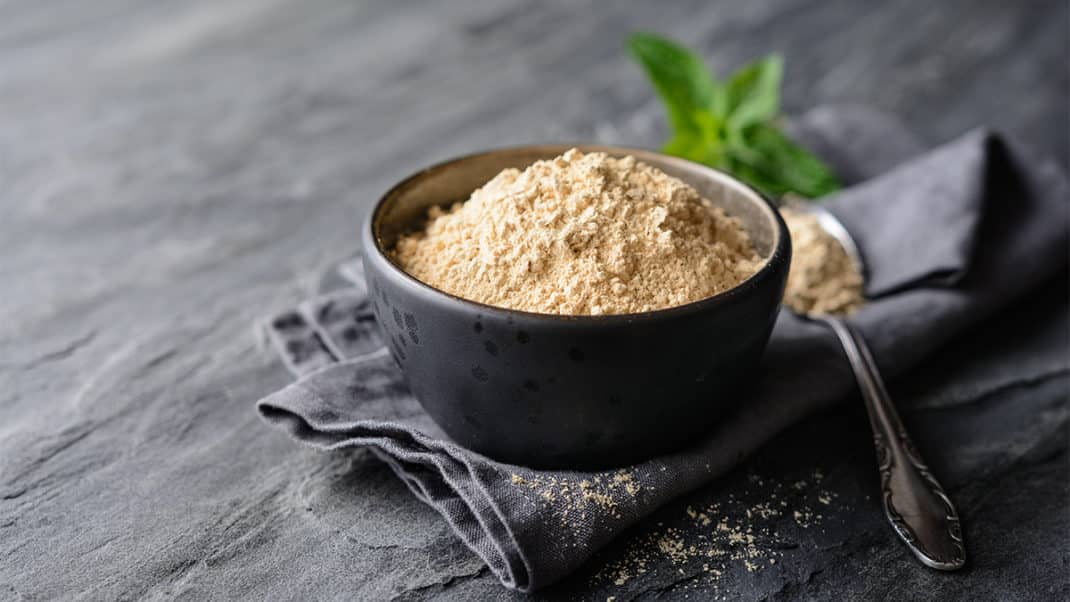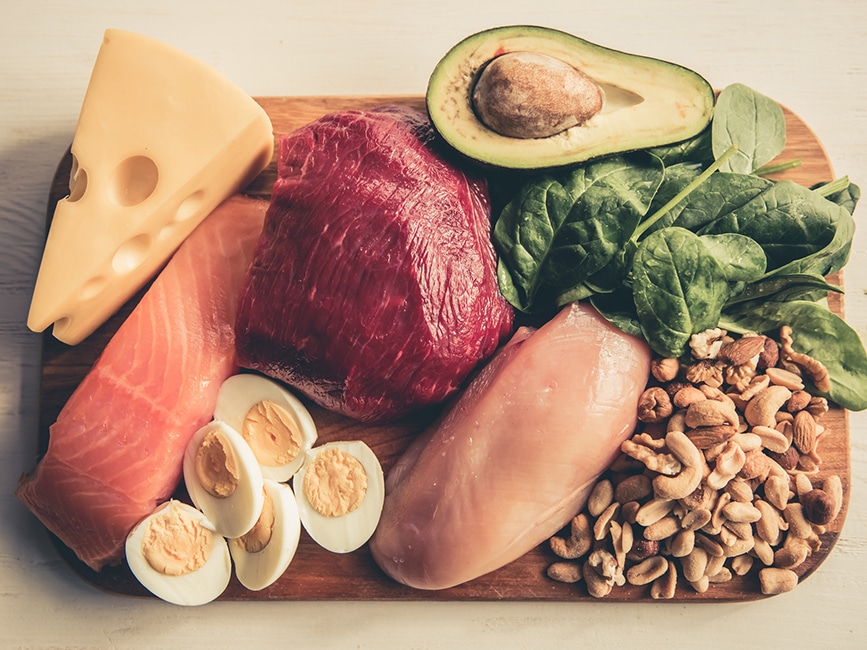Bye or Buy? Maca
Do the lofty health claims of maca pass the test?

Maca (mah-cah) is a turnip-like root vegetable (from the broccoli and radish family) grown underground at higher elevations in the Andes mountains of South America. There, it’s used as traditional medicine and a key ingredient in a fermented drink called “maca chicha.” For export, it is dehydrated and then ground into a powder.
Apart from the anecdotal, it’s slim pickings when it comes to any strong scientific evidence supporting the lofty health claims surrounding this trendy powder. There’s some limited research that maca powder can help with fertility and libido, a commonly cited benefit, but it’s way too premature to hail it as nature’s Viagra. The root powder is often billed as an adaptogen, which some say makes it useful to help our bodies adapt to various stresses and improve vitality. But it’s hard to say if this is the case because there just isn’t any research worth noting to prove yeah or nay.
As for its overall nutrition breakdown, maca—like other root vegetables—does contain an array of antioxidants and nutrients such as copper, vitamin C and manganese that can add a boost to your diet. But if you’re just taking a teaspoon or so a day you won’t get high levels of nutrients from maca powder compared to what you get from whole foods.
The Verdict: Maca is not a miracle food, but instead an item you can add to an existing healthy diet for a potential boost if you can swallow the extra cost. Be warned, maca has an earthy, malty flavor that can take some getting used to.
See also: Food Trends for a New Decade
Matthew Kadey, MS, RD
Matthew Kadey, MS, RD, is a James Beard Award–winning food journalist, dietitian and author of the cookbook Rocket Fuel: Power-Packed Food for Sport + Adventure (VeloPress 2016). He has written for dozens of magazines, including Runner’s World, Men’s Health, Shape, Men’s Fitness and Muscle and Fitness.


